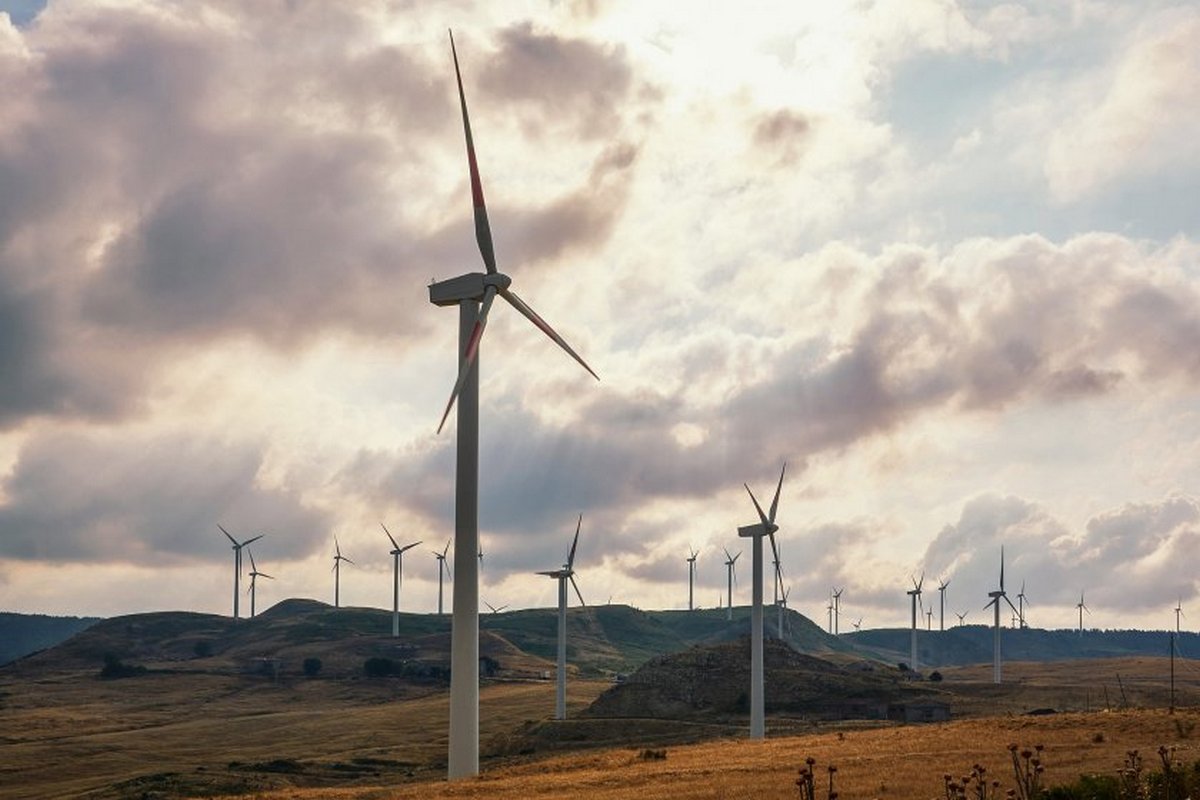Pandemic blockages and travel restrictions have led to dramatic but short-term improvements in air quality and pollution. The UN announced this, warning that change cannot replace long-term action.
A new report by the United Nations World Meteorological Organization (WMO) found that restrictions due to COVID-19 last year temporarily improved air quality in a number of places, especially in urban areas.
But they also stimulate the growth of some pollutants that are dangerous to health and have an uncertain impact on climate change.
“COVID-19 turned out to be an unplanned experiment on air quality. This led to temporary local improvements. But the pandemic does not replace constant and systematic action to combat the main cause of pollution and climate change and thus protect the health of both humans and the planet, “he told SMO Peter Talas.
Air pollution, especially fine particles, seriously affects human health and leads to millions of deaths each year.
The WMO report is based on a study of the behavior of major air pollutants in dozens of cities around and around the world. The analysis shows a reduction of up to 40% at low concentrations of particulate matter during complete blocking compared to the same periods in 2015-2019. This usually means an improvement in air quality, although the quality deteriorates again when emissions increase after blocking.
But the report says the situation is more complicated.
“Even as anthropogenic emissions have declined, extreme weather conditions caused by the change have affected air quality,” WMO said.
WMO also noted that as anthropogenic emissions have been reduced in many places, there has been an increase in ozone levels, which provide important protection in the stratosphere from ultraviolet rays that cause cancer.

